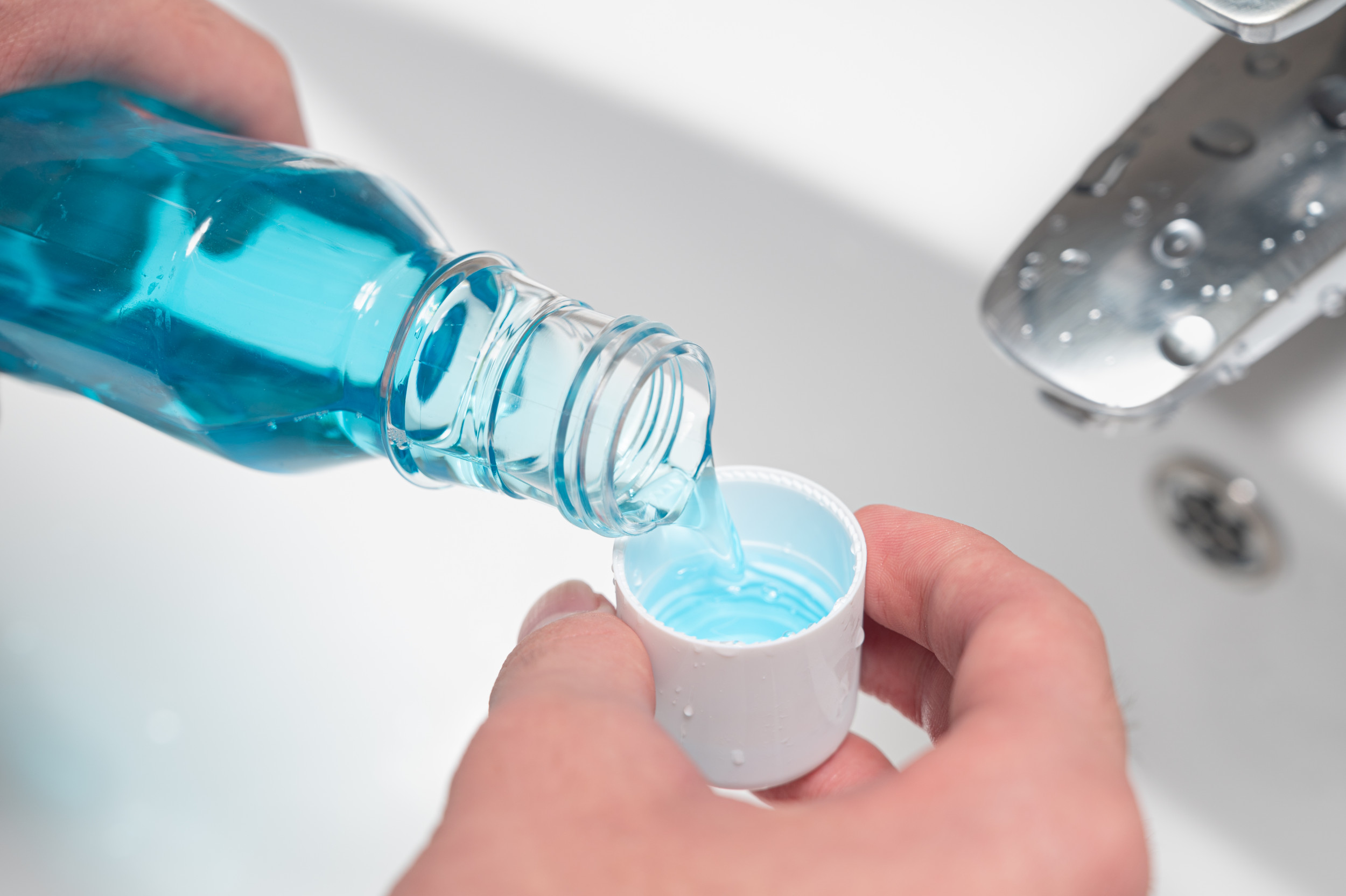A compound found in citrus fruits and coconuts called prunin laurate (Pru-C12) may be effective against the bacteria that cause gum disease, according to a recent study.
According to a global burden of disease study, an estimated 45 to 50 percent of adults worldwide suffer from mild gum disease, and an estimated 11.2 percent of the world’s adult population is affected by severe gum disease.
Dr. Nigel Carter, CEO of the Oral Health Foundation, said Newsweek that these numbers could be even higher.
“We estimate that up to 80 percent of people worldwide will develop gum disease at some point in their lives,” he said.
“In older people, the disease is obviously more common and generally more advanced because it is a slow, insidious process.”
When bacteria like Porphyromonas gingivalis (P. gingivalis)– the strain studied by scientists at Osaka Metropolitan University – gets into the spaces between teeth and gums, where an infection can develop that ultimately leads to tooth decay and tooth loss.
“Plaque is the enemy here,” Carter explained. “Plaque constantly builds up (on teeth) after we clean them. It provides a substrate for sticky deposits that become colonized by bacteria. This is then the cause of both tooth decay and gum disease.”

Jae Young Ju/Getty Images
Good oral hygiene is important to prevent these deposits. However, the scientists from Osaka point out that most of the products available on the market cause severe irritation.
For example, mouthwashes may contain alcohol and synthetic chemicals that can lead to other oral health problems down the road. Their use may be irritating or uncomfortable, especially in the elderly, who are most likely to suffer from gum disease, and in children, who need to care for their teeth as they grow to prevent gum problems.
For this reason, the authors of the study tested seven natural compounds for their effectiveness against P. gingivalisThey found that Pru-C12 was the most effective.
“Pru-C12 is tasteless and hypoallergenic,” said Professor Shigeki Kamitani, who led the research team, in a statement. “If its safety for humans is confirmed in the future, it could be a cost-effective antimicrobial solution.”
However, Carter said many oral hygiene products are not as irritating as scientists believe. He said Newsweek that toothpastes do not usually contain harsh ingredients that discourage people from using them, and that mouthwashes are not an essential part of oral hygiene.
“Most mouthwashes today are alcohol-free,” he added, explaining that many best-selling products are based on essential oils, such as the antimicrobial extracts tested in the Osaka study.
“The main goal of any oral care is to destroy the plaque film,” he continued. “Plaque that is older than 24 hours can really become a problem. That’s why we always recommend brushing twice a day with a fluoride toothpaste. Toothpaste also contains antibacterial agents.”
“Mouthwash is a complement to that. It helps, but what we are really interested in is the mechanical destruction of plaque through brushing so that it does not grow out and cause problems.
“Using an antibacterial mouthwash contributes about 15 percent to plaque removal, so the majority of plaque removal is done by the toothbrush.”
Pru-C12 is a compound that can be extracted from grapefruit peel or coconut. It had previously been found to have antimicrobial properties, but it has not been tested against P. gingivalis for possible use against gum disease.
The scientists found that it was effective against the bacteria both in vitro and in mice and did not cause irritation. Therefore, the scientists assumed that it could be further developed into effective oral hygiene products in the future if it proves effective in human tests.
Carter said her findings should not be interpreted as advice to eat grapefruit and coconut to improve oral health.
“They’ve used extracts here,” he said. “They’ve identified coconuts and grapefruits as fruits that might have something that could be extracted to use in oral hygiene products.”
Do you have a tip for a food story that Newsweek should be treated? Is there a nutritional issue that concerns you? Let us know at [email protected]. We can ask experts for advice and your story could appear in Newsweek.
reference
Wada, E., Ito, C., Shinohara, M., Handa, S., Maetani, M., Yasugi, M., Miyake, M., Sakamoto, T., Yazawa, A., Kamitani, S. (2024). Prunin laurate derived from natural substances shows antibacterial activity against the periodontitis pathogen Porphyromonas gingivalis, Foods 13(12), 1917. https://doi.org/10.3390/foods13121917

